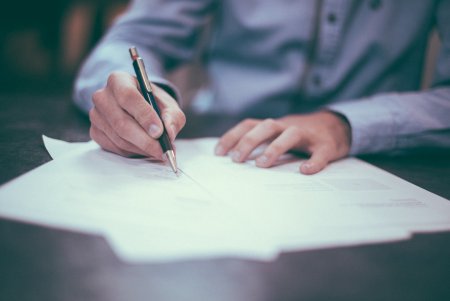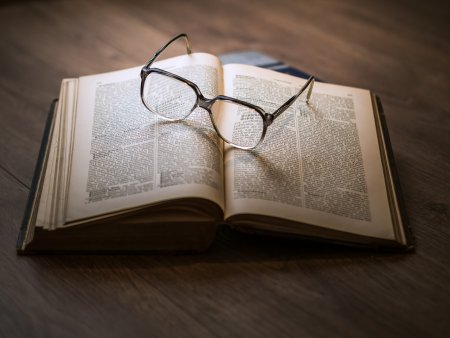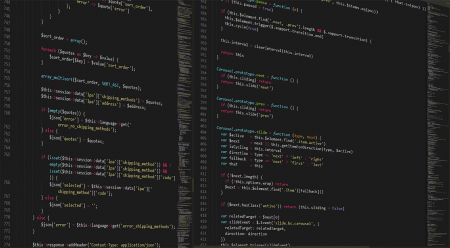I. Выберите глагол- связку либо вспомогательный глагол для последующих предложений (do,
I. Изберите глагол- вязку либо вспомогательный глагол для последующих предложений (do, does, is, are, have got, has got) 1. . . . . you speak English? 2. Where . . . . your friend work? 3. I can39;t translate this text because I . . . . not know these words. 4. Mary . . . . not play any musical instruments. 5. When . . . they usually finish their work? 6. . . . . . he dancing now? 7. . . . . she often go to the museums? 8. How long . . . . . it take you to get to the Institute? 9. . . . . . they good at painting? 10. Mary . . . . a wonderful actress. 11. There . . . some valuable paintings in his private collection. 12. They . . . . got many interesting books on theatre. 13. There . . . an old piano in the room. 14. He . . . . got a friend in Italy.
Задать свой вопрос1. Do you speak English? 2. Where does your friend work? 3. I cant translate this text because I do not know these words. 4. Mary does not play any musical instruments. 5. When do they usually finish their work? 6. Is he dancing now? 7. Does she often go to the museums? 8. How long does it take you to get to the Institute? 9. Are they good at painting? 10. Mary is a wonderful actress. 11. There are some valuable paintings in his private collection. 12. They have got many interesting books on the theatre. 13. There is an old piano in the room. 14. He has got a friend in Italy.
-
Вопросы ответы
Статьи
Информатика
Статьи
Математика.
Разные вопросы.
Разные вопросы.
Математика.
Разные вопросы.
Математика.
Физика.
Геометрия.
Разные вопросы.
Обществознание.




